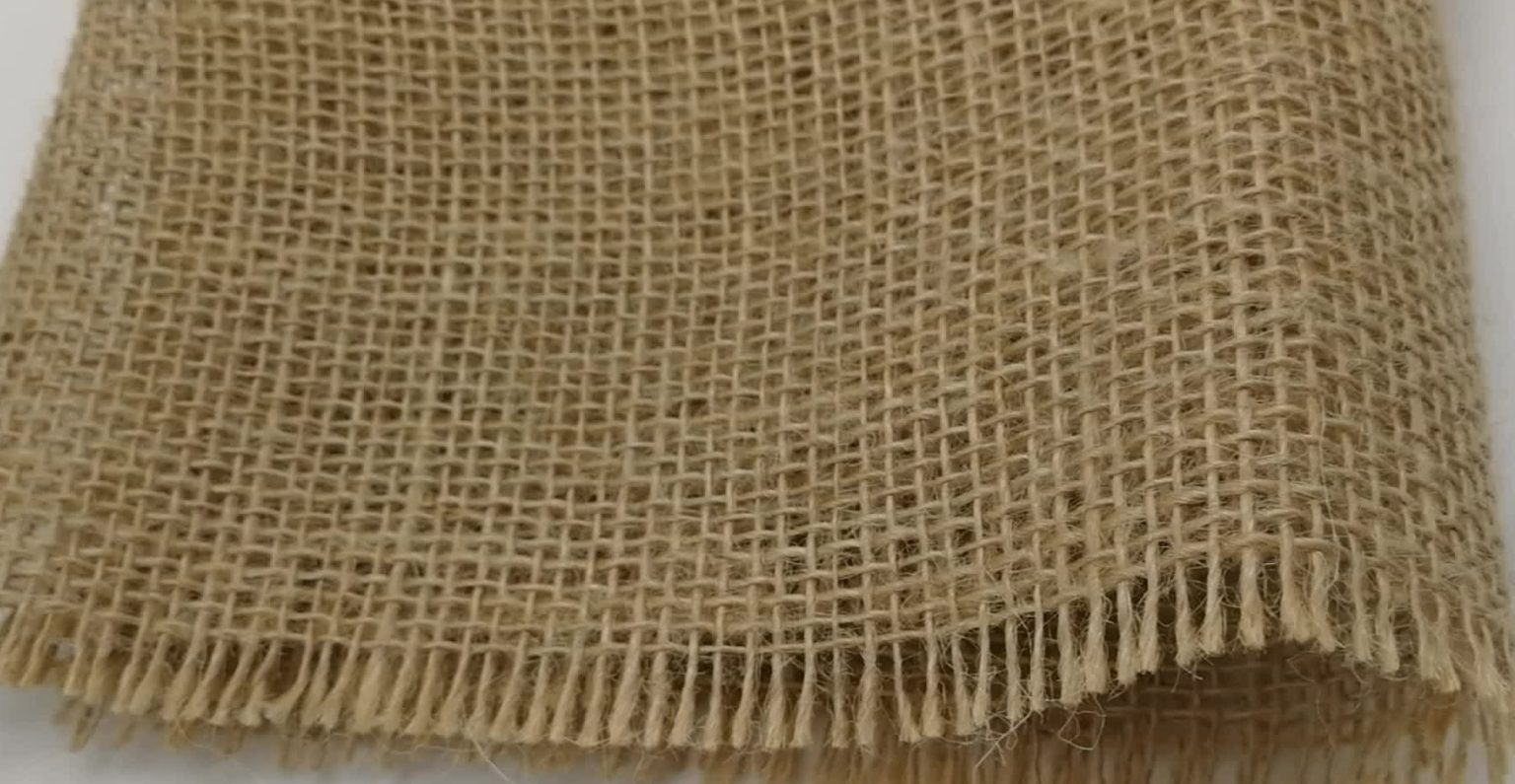India bans imports of jute products and ropes from Bangladesh through land routes with immediate effect

In News
India has banned imports of certain jute products and ropes from Bangladesh through all land routes with immediate effect.Key Points
- Notification by: Directorate General of Foreign Trade (DGFT).
- Affected Items: Jute fabrics (bleached & unbleached), twine, cordage, ropes, sacks, and bags of jute or other textile bast fibres.
- Entry Point Allowed: Only through Nhava Sheva Seaport, Maharashtra.
- Objective: Quality control and protection of domestic jute industry.
- Earlier Action: On 27 June 2025, imports of woven jute fabrics from Bangladesh via land routes were prohibited, with entry allowed only via Nhava Sheva.
---------------------------------------------------------
Question: Discuss the recent ban by India on certain jute product imports from Bangladesh through land routes. Examine its objectives, potential benefits, and challenges.
Introduction
The Government of India, through the Directorate General of Foreign Trade (DGFT), has recently imposed a ban on the import of specific jute products and ropes from Bangladesh via all land routes, allowing entry only through the Nhava Sheva Seaport in Maharashtra. This move is aimed at quality control and protection of the domestic jute industry.
Details of the Ban- Products Covered:
- Bleached and unbleached woven fabrics of jute or other textile bast fibres.
- Twine, cordage, and ropes of jute.
- Sacks and bags of jute.
- Implementation: Immediate effect; imports allowed only through Nhava Sheva Seaport.
- Previous Action: On 27 June 2025, imports of woven jute fabrics from Bangladesh via land routes were similarly prohibited.
- Products Covered:
Objectives of the Move- Quality Control: Ensure imported products meet Indian quality standards.
- Protect Domestic Industry: Shield Indian jute producers from cheap or substandard imports.
- Market Regulation: Reduce over-dependence on imports from a single country.
Potential Benefits- Boost to Local Producers: Improves market opportunities for Indian jute farmers and manufacturers.
- Better Standards: Encourages adherence to quality norms in imports.
- Employment Generation: Strengthens labour-intensive jute sector.
Challenges and Concerns- Trade Tensions: May strain bilateral relations with Bangladesh.
- Supply Chain Impact: Possible short-term shortages in certain jute products.
- WTO Compliance: Policy must align with international trade obligations.
Way Forward- Bilateral Engagement: Initiate dialogue with Bangladesh to address quality concerns.
- Domestic Modernisation: Invest in modern technology for jute processing.
- Diversification: Expand export markets for Indian jute products.
ConclusionThe ban reflects India's priority to safeguard domestic industries while ensuring product quality. However, it must be implemented alongside long-term strategies for sustainable jute sector growth and balanced trade relations with Bangladesh.
📌 Very Important for Prelims & Mains
Updated: August 13, 2025 | 8:23 AM | Source: NewsOnAir